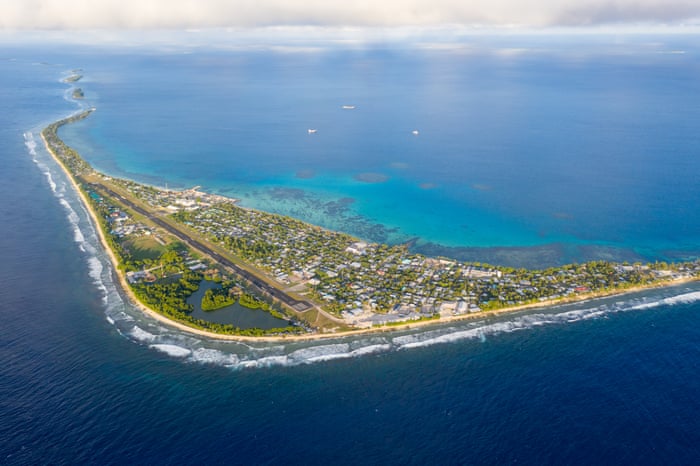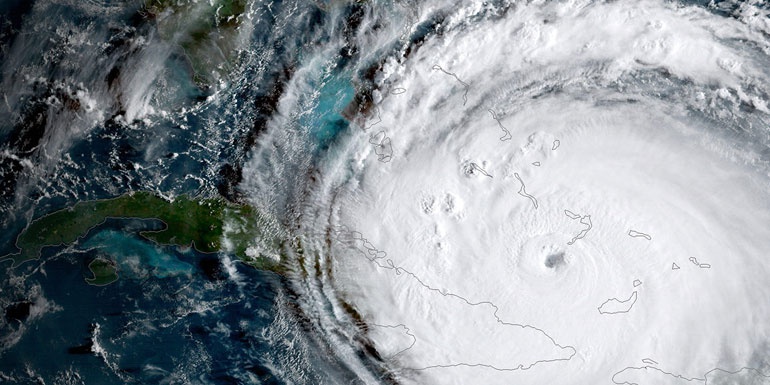Loss and damage (L&D) is now a key area of climate policy. Yet studies of L&D governance have focused disproportionately on the international level while the national scale of analysis has been overlooked. Recent developments in the UNFCCC negotiations and a growing call for a ‘science of loss’ that can support policy-makers to address L&D suggest the need for a greater understanding of L&D governance at the national level.
- How do national policy-makers understand the concept of L&D?
- What types of policies have been developed, implemented and funded to address L&D?
In a recent article published in Climate Policy we study the paradigmatic case of Tuvalu to illustrate the value of turning to the national level of analysis, while recognizing that other countries might frame L&D and its relevance for the national context differently, and thus devise a diverse set of policy responses.
We show that in Tuvalu the concept of L&D was introduced in official documentation in 2012 and is not explicitly distinguished from adaptation. We find that managing L&D constitutes a complex governance system with competencies and responsibilities diffused across different national actors and multiple governance scales.
As conceptualized by policy-makers and within policy documents, L&D is closely tied to issues related to national sovereignty, human mobility, infrastructure investment and protection of the Exclusive Economic Zone.
We conclude by suggesting that there is a need for a ‘national turn’ in research on L&D governance to produce knowledge that will support policy-makers, but also argue that national level analyses will always need to be situated within a multi-scalar context.





